What is Keynesian economics?
Chancellor Rishi Sunak announces biggest ‘Budget giveaway’ since 1992
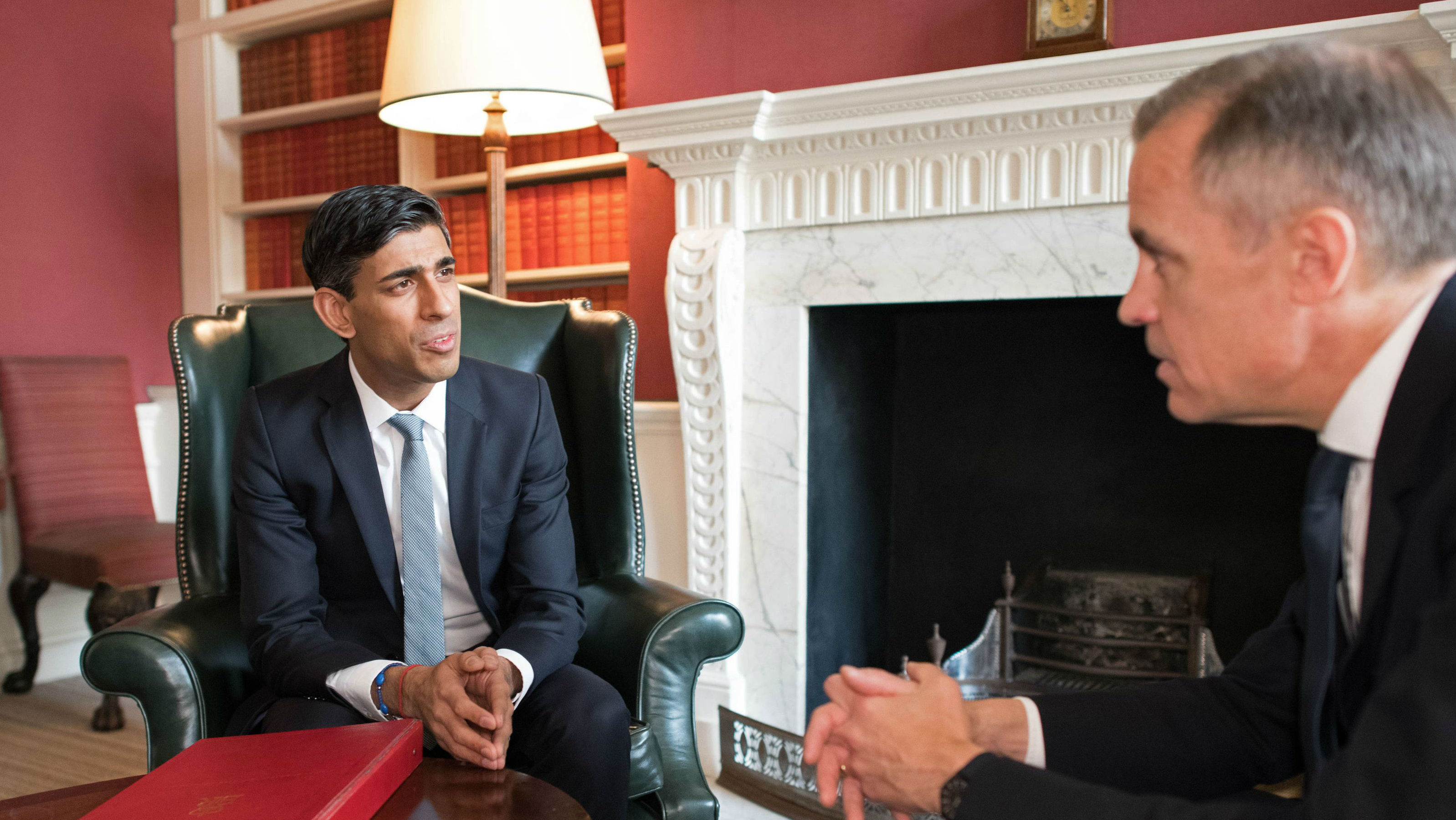
A free daily email with the biggest news stories of the day – and the best features from TheWeek.com
You are now subscribed
Your newsletter sign-up was successful
Chancellor Rishi Sunak’s newly unveiled national spending plan is the biggest “Budget giveaway” since 1992, according to the Office for Budget Responsibility (OBR).
The fiscal watchdog says Sunak’s £30bn stimulus package will add around £100bn to public borrowing by 2024 - leaving Britain “vulnerable”.
The government’s new spending plans mark an end to a decade of austerity that has seen the Tories slashing funding for public services in a bid to balance the books.
The Week
Escape your echo chamber. Get the facts behind the news, plus analysis from multiple perspectives.

Sign up for The Week's Free Newsletters
From our morning news briefing to a weekly Good News Newsletter, get the best of The Week delivered directly to your inbox.
From our morning news briefing to a weekly Good News Newsletter, get the best of The Week delivered directly to your inbox.
Indeed, Johnson’s new chancellor has been accused of implementing Keynesian stimulus theories.
What is Keynesian economics?
The term refers to John Maynard Keynes’ theory that economic intervention by governments results in optimal economic performance - and helps to avoid or moderate economic slumps.
Keynes believed that “aggregate demand - measured as the sum of spending by households, businesses and the government - is the most important driving force in an economy”, says the International Monetary Fund website.
A free daily email with the biggest news stories of the day – and the best features from TheWeek.com
Keynesian economists measure a country’s economic output by consumption, investment, government purchases and net exports, and say that any increase in aggregate demand must come from one of these four components.
When economic uncertainty or downturns reduce household spending and stall business investment, it is down to the government to create more demand through public spending and investment - fiscal stimulus.
Is Sunak delivering Keynesian economics?
Sunak plans to spend and invest a total of £30bn, of which at least £12bn is dedicated to easing the impact of the coronavirus outbreak on the UK economy.
Experts have been quick to point out that this bid to stimulate the economy in order to avert a critical economic downturn is classic Keynesian economics.
“It is the Budget’s grander strategic vision that will be felt long after the panic buying of hand sanitisers has eased. For even without coronavirus, this was the most Keynesian budget for decades,” says The Critic magazine’s political editor Graham Stewart.
He continues: “Sunak’s intent is predicated upon Keynesian faith in the long-term benefits of focused pump-priming and that this is investment with an expected return rather than just more spending across the board.”
The Guardian agrees that Sunak’s Budget is unashamedly Keynesian. “The cash injection is required to keep the economy expanding, not least because Brexit shrunk it by 2%. What once was seen as heresy is now a tenet of the Johnsonian faith. The impression, left by Mr Sunak, is that we are all Keynesians now,” says the newspaper.
The newly unveiled Budget has come as something as a surprise to many, who note that Sunak’s spending splurge appears to go against fundamental Tory doctrine.
“Investors, absorbing the nasty party’s conversion to Keynesianism, were probably also wondering, ’Is he for real?’ One day, perhaps, Mr Sunak will make history rhyme, leaving a Labour successor a note lamenting, ‘I’m afraid there is no money,’” says the Australian Financial Review.
Free market think-tank the Adam Smith Institute (ASI) has accused the chancellor of “spending like a drunken sailor”.
ASI head of research Matthew Lesh said: “It is seriously concerning that the government is looking at ripping up the fiscal rules. A Conservative government should not implement debunked Keynesian stimulus theories.”
But The Guardian’s Martin Kettle argues that “it would be a mistake to pretend that the Johnson Tory party is somehow finding its way back to… a centrist Keynesian era in British public policy in the 1950s and 1960s”.
However, he adds: “This feels, even so, to be a significant turn of the tiller in the Tory party’s slow and uncertain journey away from Thatcherism.”
Meanwhile, Labour leader Jeremy Corbyn has called the Budget “an admission of failure… an admission that austerity has been a failed experiment. It didn’t solve the economy, it made it worse.”
-
 How the FCC’s ‘equal time’ rule works
How the FCC’s ‘equal time’ rule worksIn the Spotlight The law is at the heart of the Colbert-CBS conflict
-
 What is the endgame in the DHS shutdown?
What is the endgame in the DHS shutdown?Today’s Big Question Democrats want to rein in ICE’s immigration crackdown
-
 ‘Poor time management isn’t just an inconvenience’
‘Poor time management isn’t just an inconvenience’Instant Opinion Opinion, comment and editorials of the day
-
 Is the UK headed for recession?
Is the UK headed for recession?Today’s Big Question Sluggish growth and rising unemployment are ringing alarm bells for economists
-
 Should Labour break manifesto pledge and raise taxes?
Should Labour break manifesto pledge and raise taxes?Today's Big Question There are ‘powerful’ fiscal arguments for an income tax rise but it could mean ‘game over’ for the government
-
 Will Rachel Reeves have to raise taxes again?
Will Rachel Reeves have to raise taxes again?Today's Big Question Rising gilt yields and higher debt interest sound warning that Chancellor may miss her Budget borrowing targets
-
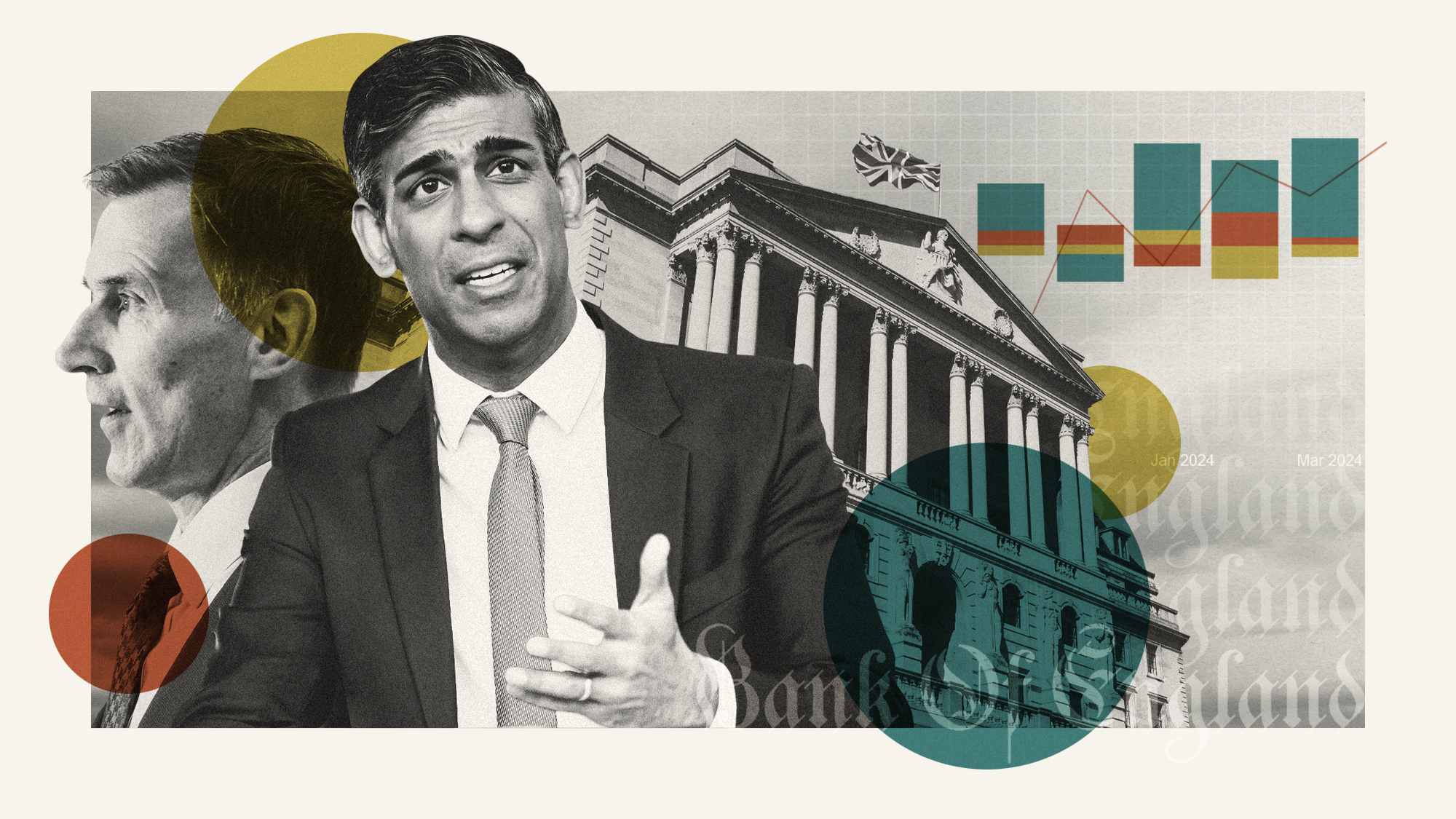 Is the UK economy returning to normal?
Is the UK economy returning to normal?Today's Big Question Tories claim UK has 'turned a corner' while Labour accuses government of 'gaslighting' public
-
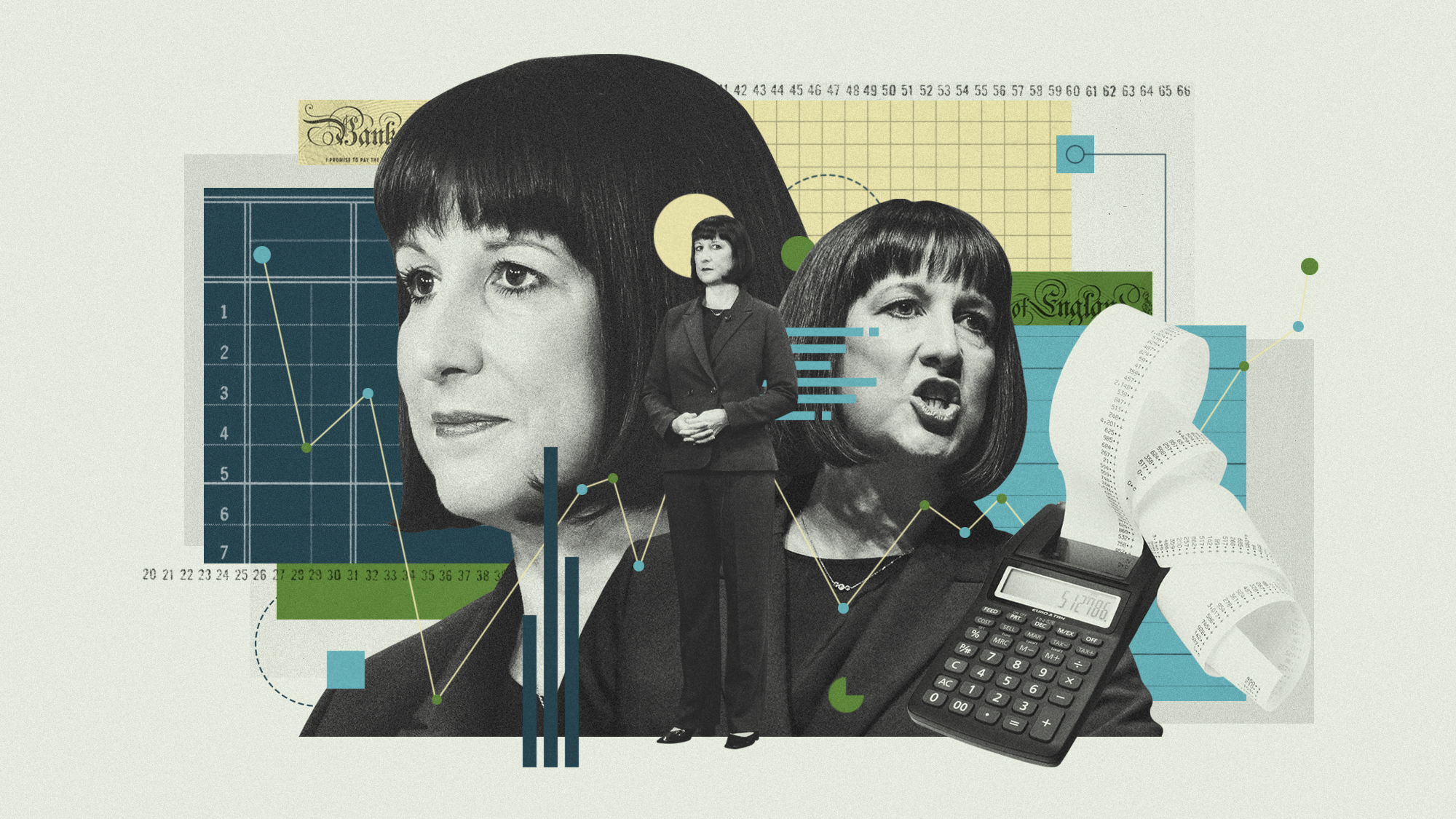 Securonomics: what is Rachel Reeves' economic plan and will it work?
Securonomics: what is Rachel Reeves' economic plan and will it work?The Explainer Focus on economic security and the resilience of industry in an uncertain world is 'key to growth', say Labour
-
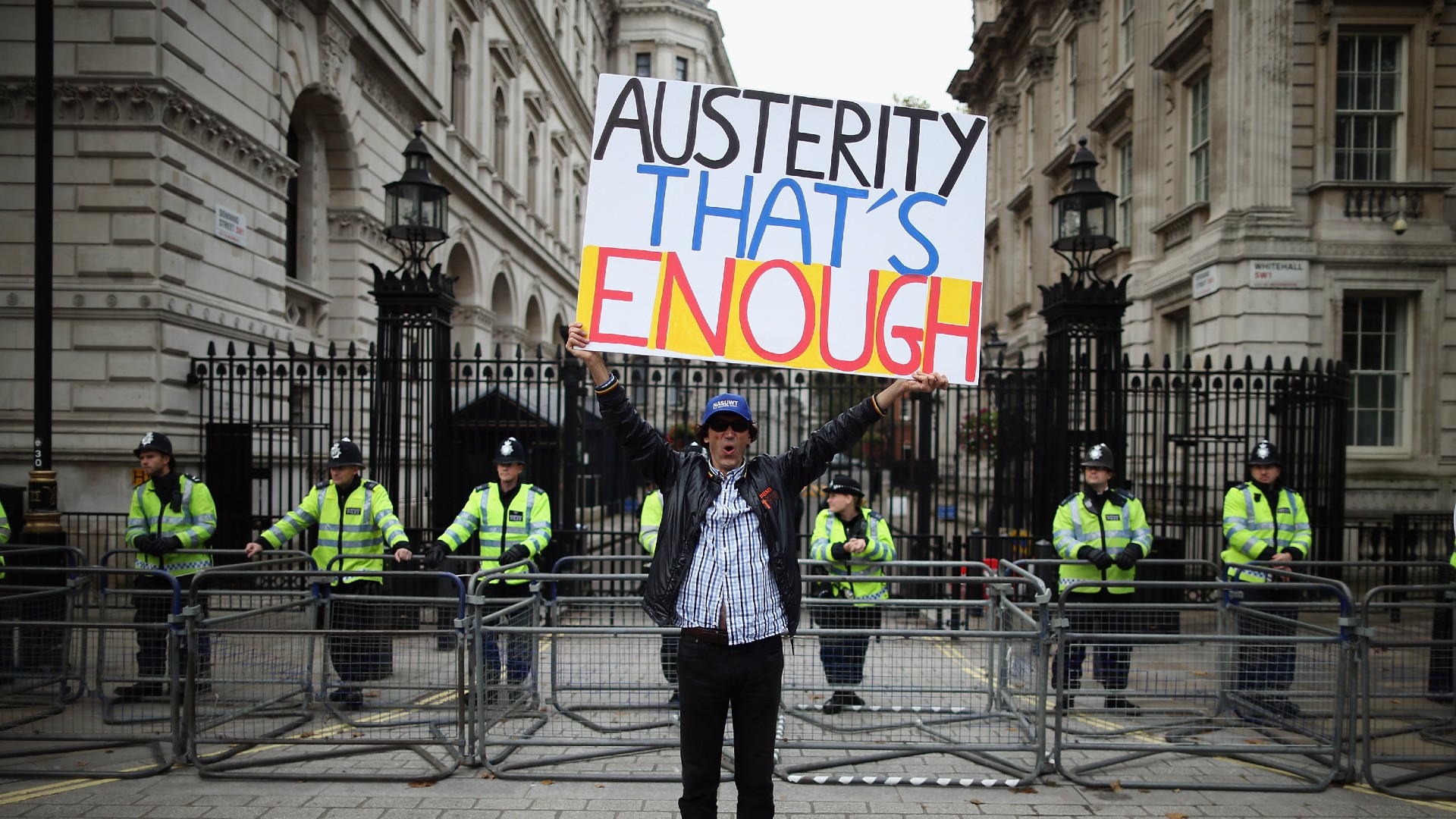 New austerity: can public services take any more cuts?
New austerity: can public services take any more cuts?Today's Big Question Some government departments already 'in last chance saloon', say unions, as Conservative tax-cutting plans 'hang in the balance'
-
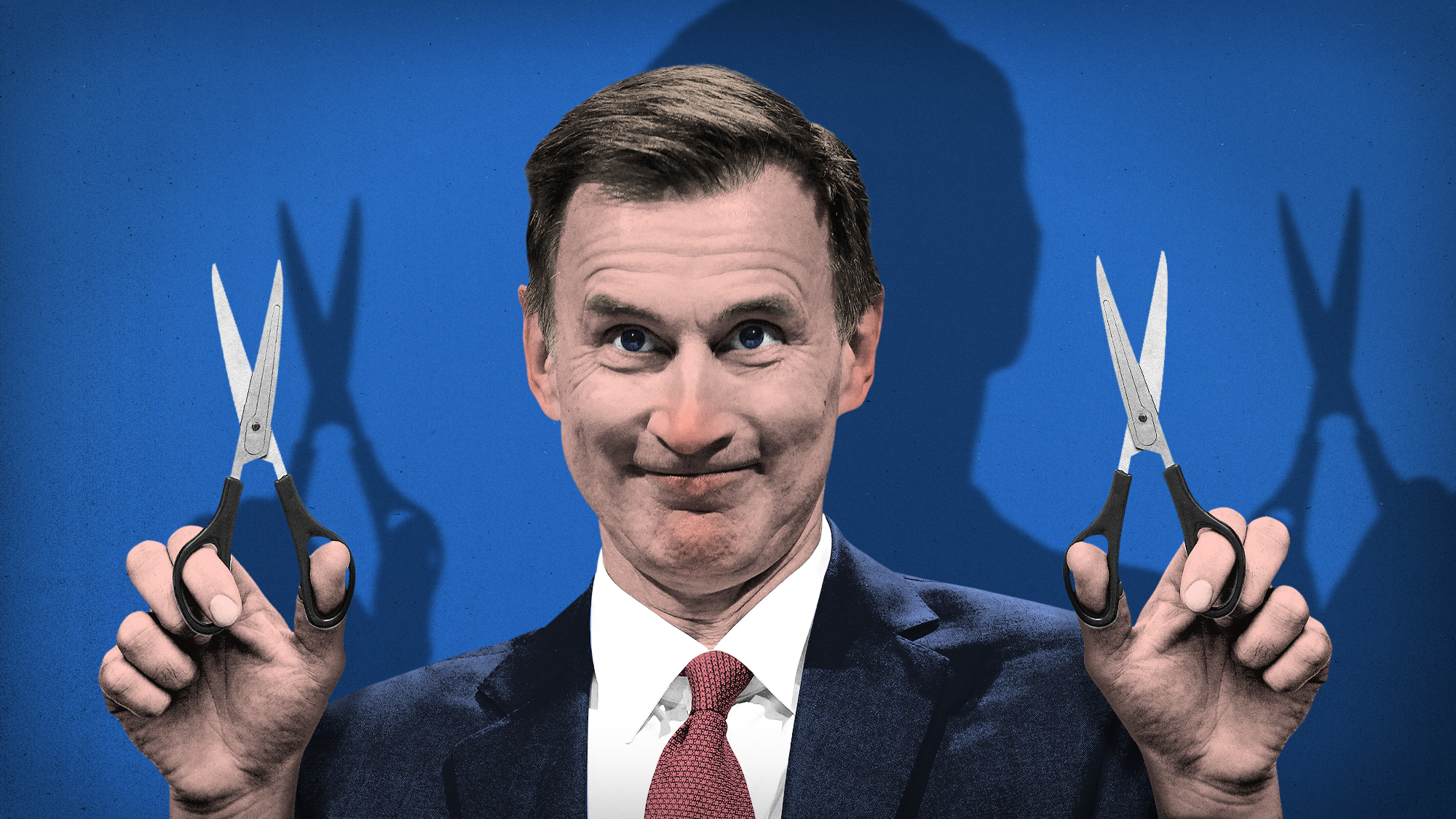 Five key takeaways from Jeremy Hunt's Autumn Statement
Five key takeaways from Jeremy Hunt's Autumn StatementThe Explainer Benefits rise with higher inflation figure, pension triple lock maintained and National Insurance cut
-
 Would tax cuts benefit the UK economy?
Would tax cuts benefit the UK economy?Today's Big Question More money in people's pockets may help the Tories politically, but could harm efforts to keep inflation falling